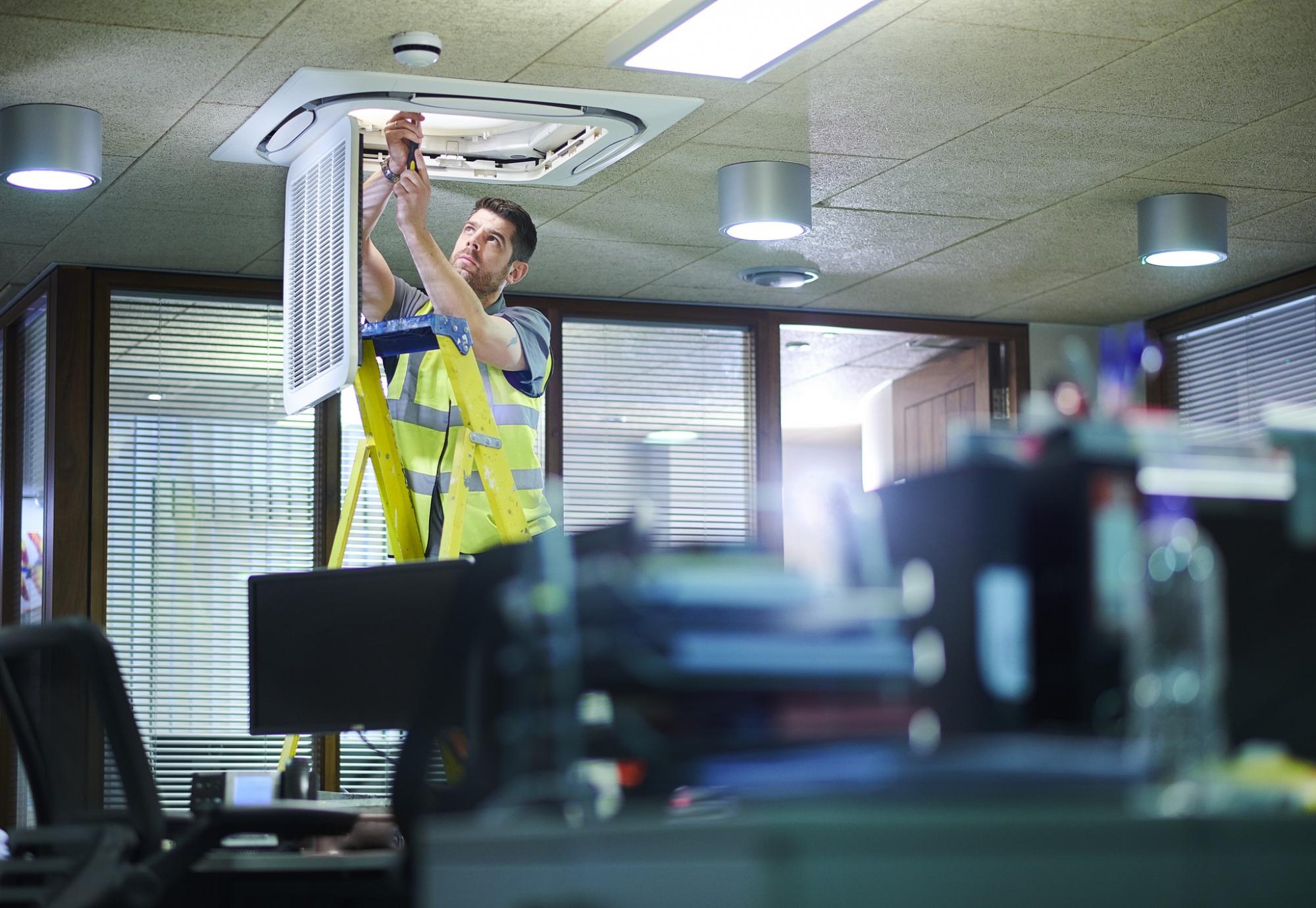A new £600m investment into NHS hospitals across England, aimed at upgrading and refurbishing the sites, has been announced by Health Secretary Matt Hancock.
The funding, which forms part of the £1.5bn capital funding announced by the Prime Minister over the summer to help the NHS ‘build back better’, it will be used to help eradicate the maintenance backlog in NHS hospitals.
Hospital staff, patients and visitors across all regions of England will benefit from refurbished wards, brand-new electrics and upgraded ventilation systems by next spring.
A total of 178 NHS trusts have had funding released to them, covering almost 1,800 maintenance projects.
The projects are now underway and will be completed by March 2021.
Investment will be targeted towards a range of projects including:
- building new or refurbished buildings to deliver key services;
- upgrades to electrical infrastructure
- improvements to ventilation systems
- works to improve fire safety
- replacing hospital lifts
Secretary of State for Health and Social Care Matt Hancock said: “Alongside delivering on our manifesto commitment to build 40 new hospitals and 20 major hospital upgrades across the country, this investment will help our NHS build back better.
“These crucial maintenance projects will deliver immediate benefits and provide NHS staff with the facilities they need to provide world-class care to their patients this winter, helping ensure the NHS is always there for you when you need it.”
The projects to receive funding include:
- £15.9m for a new critical care centre at Northampton General Hospital
- £3.3m to Croydon Health Services NHS Trust for a new paediatric integrated unit
- £6.5m for the construction of a new MRI building at St George’s Hospital in London to house a new scanner
- £2.7m to refurbish Firth Theatres at the Northern General Hospital, which includes critical care, cardiovascular surgery and other surgical wards
The government has reiterated its commitment to supporting the NHS to ‘build back better’ after coronavirus, having confirmed a series of major investments in NHS infrastructure since August last year, including £850m to upgrade 20 hospitals and £3.7bn to help deliver 40 new hospitals by 2030.
Following last month’s Spending Review, £1.2bn has been ring-fenced for NHS new hospitals and upgrades in 2021/22, plus £4.2bn for NHS operational capital funding.
The Treasury has also committed an additional £235m for further hospital maintenance works for the next financial year beginning in April 2021. There will be a further boost for technology and digital projects including AI labs and remote GP appointments, diagnostic equipment and a science hub.
The full list of projects funded as part of this investment can be seen below:



















